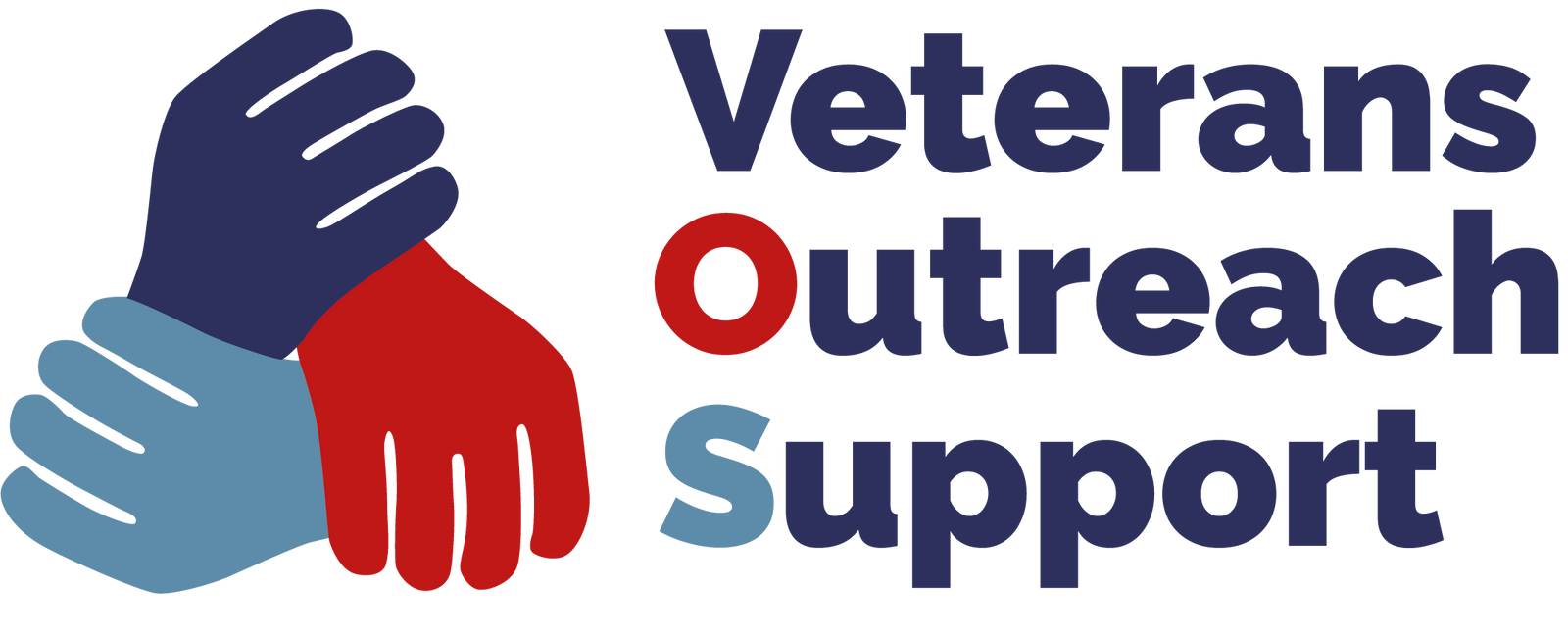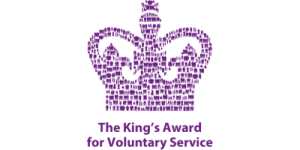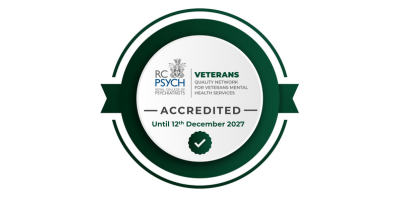
Talking about mental health can be especially difficult for Armed Forces Veterans and leavers. In a 2022 NHS UK Veterans’ survey of 3,000+ candidates, 60% admitted struggling to talk about mental health issues. The NHS is renewing its Op COURAGE veteran support programme – but why do so many Service Leavers still battle asking for help?
Veterans’ lives can be affected by mental health conditions including anxiety and depression – and dramatic media portrayals of PTSD have made Veterans suffering other conditions feel ‘unworthy’ of support. However, any mental health condition can be damagingly pervasive and oppressive.
The survey comprised 85% Veterans with other serving personnel. 1,487 (52%) candidates reported currently or previously having a mental health problem, and 1,527 (54%) stated they now or previously had physical health issues.
With some 2.4 million UK Veterans, these statistics tell us that Veterans’ wellbeing services need more attention. We need to understand why so many still find it difficult to open up when reaching out for help is crucially important.
The NHS OP COURAGE Veterans' mental health initiative
Since Op COURAGE launched in 2017, it has had over 30,000 referrals (44% being self-referrals). In 2023, the NHS received over 4,500 specialist care referrals for ex-Armed Forces personnel in under 8 months.
A recent NHS survey of over 3,000 veterans and personnel found that some 60% of participants admitted finding it difficult to seek help for mental health issues. Around 44% seeking help from Op COURAGE referred themselves
52% reported existing or previous mental health problems, with 54% reporting existing or previous physical health issues. This survey starkly demonstrated the need for better Veterans’ wellbeing support. People are starting to reach out, but there’s a lot of ground to cover.

Why do people find it hard to talk?
Post-Military life is difficult for many, particularly if sickness or injury are involved. Leaving such a closely-woven community can make civilian life jarring, and adding mental health issues spells overwhelm for many. There’s long been an unhelpful preconception of Veterans as ‘mad, bad and sad’. Many Veterans find it difficult to trust doctors and the NHS – and this lack of understanding can be reciprocal (although this is changing).
Stigma is a major obstruction to Veterans seeking help. Society often connects weakness with admitting to mental health struggles, with a ‘push through and don’t complain’ mentality.
Military culture can often emphasise toughness and resilience, inhibiting Veterans from opening up. Some feel they should struggle alone to appear strong – others feel seeking help could affect careers and relationships. While it’s sometimes necessary for Military personnel to achieve operational objectives by suppressing emotions, this can lead to later problems.
Trauma, shame and lack of understanding make people feel they can’t discuss mental health openly. Service-related traumas can make talking more difficult for Veterans, especially if they feel shame or guilt, or that their immediate community won’t understand their issues.
Limited support structures – some individuals believe they can’t access mental health services easily (or that available services can’t help). Sometimes, referrals to inappropriate or non-specialist services can compound the problem.

NHS wellbeing support for Veterans
The good news is that as awareness of Veterans’ struggles increases, the NHS is driving a new campaign spotlighting the redesigned Op COURAGE service to help people cope, recover and thrive.
Op COURAGE provides support for Military leavers and includes trained professionals from the Armed Forces community. It focuses on improving self-referral rates and provides enhanced addiction support.
Efforts are being made in the Military community to promote mental health awareness and support, to reduce stigma while educating people about mental health, and encourage Forces personnel to comfortably talk about their issues.

How VOS can help
VOS runs regular drop-ins for users in Portsmouth and the Isle of Wight, alongside a busy weekly schedule of wellbeing and welfare events and activities that bolsters the local community.
Our numerous partner agencies provide a very wide range of support services. These include the Good Mental Health Co-Operative and Positive Minds.
VOS is here to support veterans from the UK Armed Forces service, the Merchant Navy, and their partners. If you know a veteran (from any time of service) located in Portsmouth, the Isle of Wight, Gosport, Fareham or the Solent area, please pass our details along.
If you’re a veteran or partner and are thinking about getting in touch, we would love to hear from you. Call us on 02392 731 767, visit one of our drop-ins, or email admin@vosuk.org.
Please note that VOS is not a crisis service. If you need immediate support, please contact one of the following:
- Your GP or NHS 111
- Attend A&E or call 999 for medical emergencies
- The Samaritans on 116 123 (24 hours a day, 365 days a year)
- A trusted family member or friend







